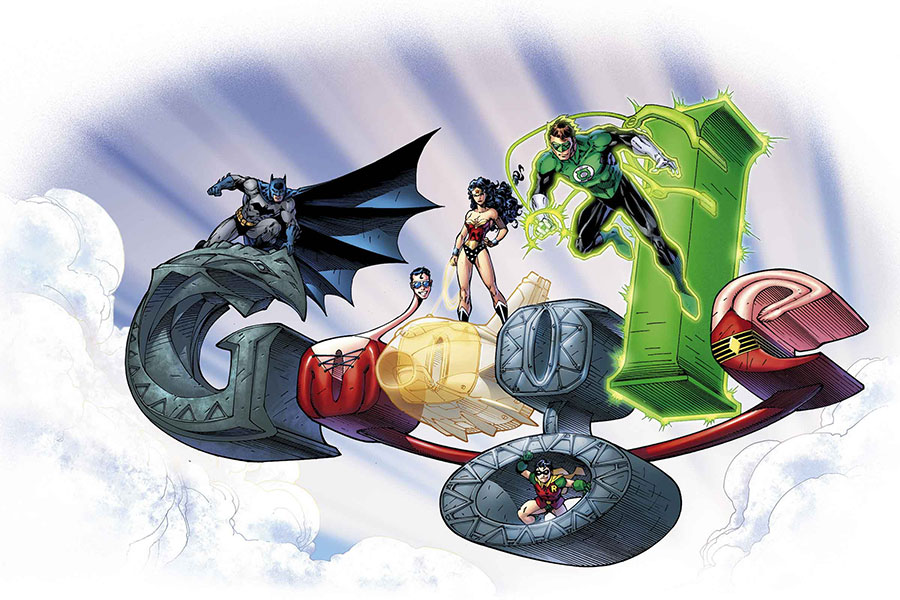In a world undergoing constant changes life is a constant learning journey. What we know and understand today may not hold true tomorrow; policies may shift, structures could have collapsed, theories may be disproven, competitors might be on the rise. No matter how many accomplishments are entailed in our bio, therefore, we still have more to experience and absorb. Consider how interactions encourage the adaptability of thoughts, inspiration for goals or a change of heart. Often times it is this shared communication that allow us to understand, alter or challenge a perspective.
Our relationship to the social and material world facilitates a certain awareness – one that might adjust. In 2012, when I was working in Argentina, I had the opportunity to hear two entrepreneurs express their experiences. Especially as an young entrepreneur myself, I admire understanding others path to success.
The first speaker was Mike Cassidy, current Vice President of Google and start-up founder of Ruba, Xfire, Direct Hit and Stylus Innovation. It was a rather intriguing theme set for his presentation: speed. Why speed?
- It makes it difficult for competitors
- It builds a strong team set up for success
- It generates press
- It is a valuation of the company
He explored how start-ups endure a common process – from idea to financial and labor support then onto the creation of a product. Most ventures generally find that 23-27 months would be an appropriate allocation of time. This is about two years of extreme hard work and much patience all driven by the passion. Yet, Mike Cassidy explained that his personal time for each of the four successful start-ups, he spent 1/6 of the time on the above process. Four months. When exploring ideas, you cannot allow yourself enough time to talk yourself out of an idea.
When raising funds, you want to do it when the conditions are in your favor. To expedite the managerial and creative process, have all the decision makers of your team in one room; there’s no point in calling a meeting when a valuable voice in not present. Competition additionally needs to be considered. So, synchronize the timing of competing offers. Always be aware of who you are up against and be one step ahead.
If your process is faster than your competition, you will automatically be one step ahead! Lastly, make if/then contracts. He put this into context by suggesting that if his company was going to provide search engines that can perform x feature, then will you buy our product for feature, then will you buy our product for y amount? Of course this is a non-binding agreement, but he has found that it instantly hooks people. Next phase, an incredibly short process of 2 weeks he offers, is building a team (including both the people and physical location). The hiring process requires you to get experienced developers whom you may or may not know. A day in the life of a Cassidy interview is simply just a day.
If he finds the applicant as a suitable potential employee, Cassidy would call shortly after getting a background/Facebook check and call the applicant’s references. If all goes well, the offer is on the table, and not even a 24 hours later he expects a decision. In some cases, Cassidy might even ask the interviewee to join him for dinner in order to get to know the real person behind the CV paper. It’s the excitement of one day, quicker than flying to Australia from Chicago. There is not much time to daze off or push off tasks. Priorities are set quite high, and there’s an expectation of rapid growth and action. If you don’t yet see why speed is so important, he elaborated that the probability of a deal closing declines by 10% each day it doesn’t close.
Speed? Yes, speed means you can’t spend as much money, you can’t hire as many, etc. He ended with saying that if you see it, you’ll believe it. Josh Silverman, former CEO of Skype and current President (of U.S. Consumer Business) of American Express, took the stage after Mike Cassidy. He began by revealing that he had aspired to create positive change. Personally, living abroad and having access to a service like Skype have had a major social impact on my life; the interconnectivity and cross-communication that is now possible is incredibly transformational. He gave some insight into how he operates, and perhaps how he got to where he is today. Take advantage of crisis, “never waste a great crisis.”
During the time of heightened tensions and extreme pressure, the truth comes out. People are directed to reflect and realize what should have been done, and come together to brainstorm what can be done now too. So a technique he often practices, during the high times. This allows for a keen awareness to circumstances and functionality. A series of what if questions are ways to advance and get ahead of the game. It’s about how to play the game, and the players of the game.
So he began to highlight the difference between being a founder and a CEO. Being a founder means that you have a special understanding of the brand and product; you are unusually in power and are able to take bigger risks because of that. When you are a CEO, on the other hand, you are an employee, and you report to a board. To reiterate, that reduces some of your freedoms or authority. Additionally as a CEO, there is a bar of excellence that you are expected to achieve.
A common denominator for both CEO’s and founder is the inherent aspect of leadership. When you’re a leader, Silverman explained, people look to you. They look at everything you do: body language, actions, behavior, mood, attitude and confidence. He said that being the youngest “in charge” of people his brothers age, for example, the pressure was high and he began to recognize the significant influence the frontrunner has the rest of the organization.
He could feel the difference within the group on days that he was in a good mood versus the days when he was a little frustrated. There is a certain degree of responsibility integral to being a leader. In business, others adhere to a leader’s opinion or decisions, and tend to follow the values and environment created.
He argues, therefore that this is the reason people are born to be leader. As people with influence, it is up to us to determine how we use that power. We must remain cautious, on point and aware. To create change and to generate impact, well that lies within us. So on our journey throughout life, as we begin to make shifts in the world, the world mutually guides changes in us too.
Be open to listen and learn from others but be aware others are listening and learning from you too.




































